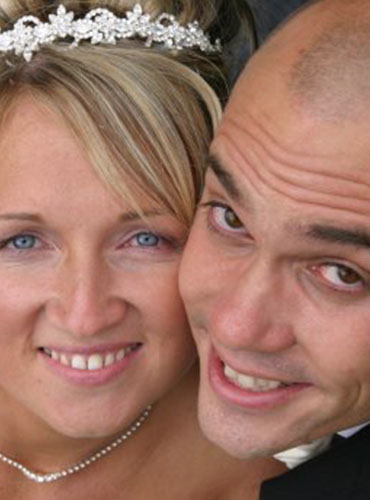When somebody dies without having a Will this is called ‘ Dying Intestate’. This means that the law will decide how your hard earned assets are distributed.
Nobody really wants this to happen but with 60% of adults not having a Will this is a common occurrence.
Anybody that doesn’t have a Will should definitely get one. People put off writing a will because they don’t like talking about death but in reality it happens to us all at some point so we need to be prepared.
The Rules of Intestacy
If you are married or in a civil partnership and have no children – Your Spouse will receive the whole of your estate.
If you are married or in a civil partnership and have children – Your Spouse/Civil Partner will receive all your personal possessions, the first £250,000 and then half of what remains. Your children would receive the other half of what remains in equal shares.
If you are not married or there is no surviving Spouse/Civil Partner or children, then the whole of the estate would go to the next highest relative in order of importance. The law says the order of importance to be:
Parents
Brothers and Sisters
Nieces and Nephews
Grandparents
Uncles and Aunts
Cousins
If you have none of the above relatives then the whole of your estate would go to the Crown.
Unmarried partners, common law spouses, ex-partners/spouses, step-parents, step-children or close friends are not included within the Intestacy Rules, which means if you die intestate, none of these people would be able to benefit from your estate.
Making a Will is never too early and so for a small investment of your time and money you can decide who gets what you have worked for whilst also protecting your loved ones.





